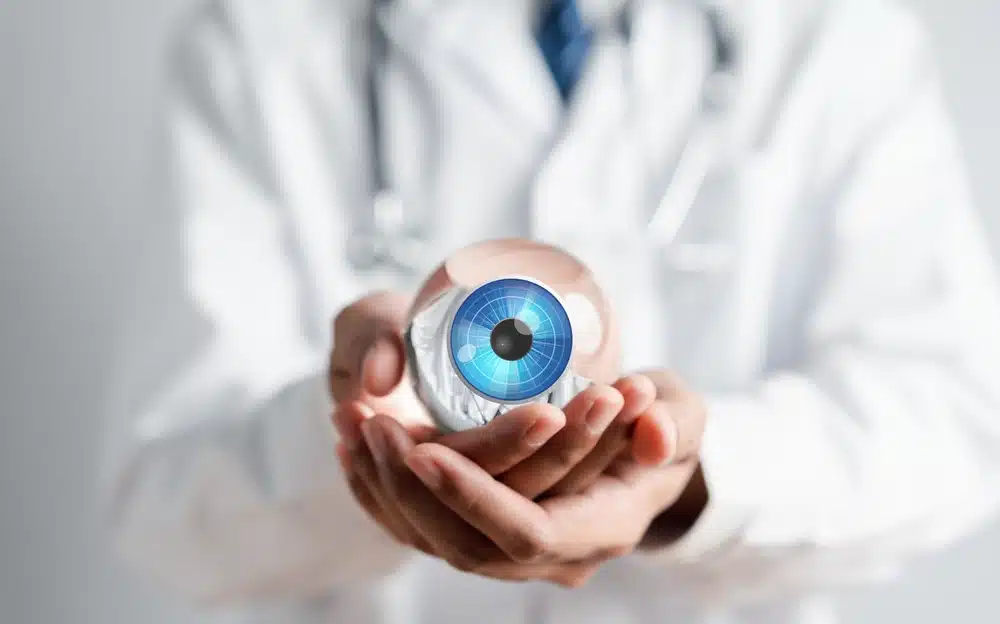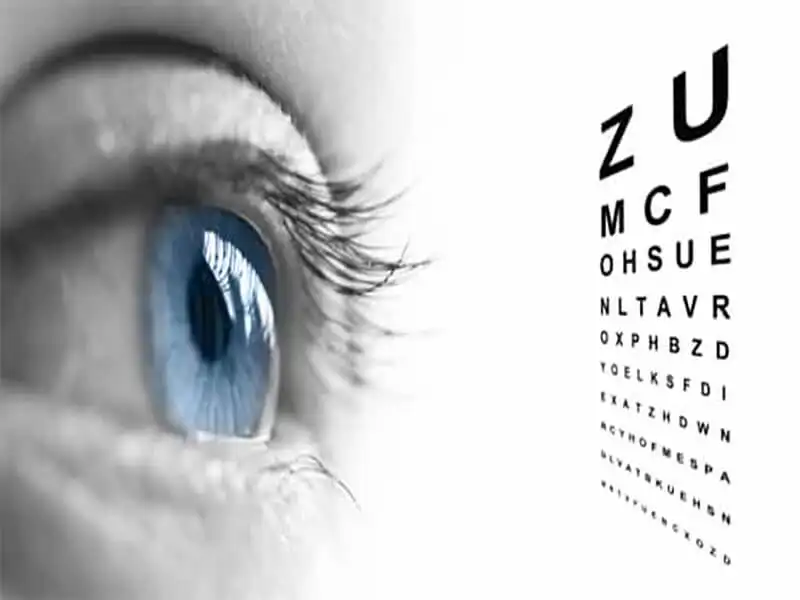All Categories
Featured

While many people comprehend the relevance of shielding their skin from the sun, the hazardous effects of ultraviolet (UV) rays on eye health commonly go forgotten. Nonetheless, excessive direct exposure to UV radiation can cause a series of eye problems, some of which can result in permanent damage. Whether you're soaking up the sunlight on a summer day or walking outdoors on a gloomy mid-day, guarding your eyes from UV rays is crucial. Below's what you require to understand about the impacts of UV radiation on your eyes and exactly how to safeguard them.
What Are UV Rays? UV rays are a kind of electromagnetic radiation sent out by the sunlight. They are categorized into 3 types:
UVA Rays: These penetrate deep right into the skin and eyes and can add to long-term damages. UVB Rays: These rays are more intense than UVA and are mainly in charge of surface-level damage to the eyes and skin. UVC Rays: These are the most unsafe but are mainly absorbed by the Earth's ozone layer and don't normally reach us. UVA and UVB rays are the main perpetrators behind eye-related damages.
Short-Term Impacts of UV Direct Exposure on the Eyes. Even temporary direct exposure to extreme UV rays can harm your eyes. One common condition triggered by this is photokeratitis, or "sunburn of the eye." Signs of photokeratitis include:
Unpleasant, red eyes. Sensitivity to light. Tearing or too much watering. Temporary vision loss or blurry vision. Photokeratitis is usually short-lived, but it functions as a warning of exactly how damaging UV direct exposure can be, even in little dosages.
Long-Term Results of UV Exposure. Extended exposure to UV radiation can lead to much more significant and long-term eye conditions, such as:
Cataracts: UV rays can increase the development of cataracts, a problem that causes clouding of the eye's all-natural lens, bring about blurry vision and, if without treatment, blindness.

Macular Degeneration: UV exposure can harm the retina, particularly the macula, increasing the danger of age-related macular deterioration (AMD), which impacts main vision.
Pterygium: A growth of cells on the white part of the eye that can extend over the cornea, creating pain, soreness, and vision issues.
Pinguecula: UV exposure can cause yellowish deposits to base on the conjunctiva, causing irritation and dryness.
Skin Cancer Cells Around the Eyes: The delicate skin bordering your eyes is extremely at risk to UV radiation, enhancing the danger of skin cancers like basic cell cancer and squamous cell cancer.
How to Safeguard Your Eyes from UV Rays. Protecting your eyes from UV rays is simple and requires a few mindful practices:
Purchase Top Quality Shades: Select sunglasses that block 100% of UVA and UVB rays. Try to find tags that specify "UV 400" security. Wrap-around designs are optimal as they obstruct UV rays from the sides also.
Use a Wide-Brimmed Hat: A hat with a border at the very least 3 inches large can dramatically minimize UV direct exposure to your eyes and face.
Restriction Direct Exposure Throughout Peak Hours: UV rays are best in between 10 a.m. and 4 p.m. If you must be outdoors during these hours, make certain you're properly protected.
Don't Be Deceived by Clouds: UV rays can permeate via clouds, so it is very important to put on sunglasses also on cloudy days.
Secure Your Eyes Year-Round: Snow, sand, and water can show UV rays, increasing their impacts. Eye protection isn't simply for sunny summer season days-- ensure you're covered in all periods.
Usage UV-Blocking Call Lenses: Lots of contact lenses now include UV protection. If you put on calls, ask your eye medical professional regarding lenses with integrated UV filters for included protection.
Motivate Eye Security for Children: Kid's eyes are a lot more conscious UV rays due to the fact that their lenses are more clear, allowing more radiation to get to the retina. Make sure they use sunglasses and hats throughout exterior tasks.
Regular Eye Tests. Regular exams with an eye care specialist are important for early detection of any type of UV-related damage. An optometrist or eye doctor can evaluate your eyes, suggest protective procedures, and identify conditions like cataracts or macular deterioration beforehand.
Verdict. By wearing UV-blocking sunglasses, restricting sun exposure during peak hours, and remaining consistent with eye exams, you can ensure your eyes remain healthy and your vision remains clear for years to come. Safeguarding your eyes from UV radiation isn't simply about convenience-- it's a necessary step in protecting your long-term eye health.
Latest Posts
Take Advantage of Limited-Time Auto Repair Deals in Chicago at Montclare Auto Repair
Improve Your Home's Outside with Weathercraft's Siding Solutions
Unlock Your Financial Partner at WyHy – Key Advantages for Your Financial Success
More
Latest Posts
Take Advantage of Limited-Time Auto Repair Deals in Chicago at Montclare Auto Repair
Improve Your Home's Outside with Weathercraft's Siding Solutions
Unlock Your Financial Partner at WyHy – Key Advantages for Your Financial Success